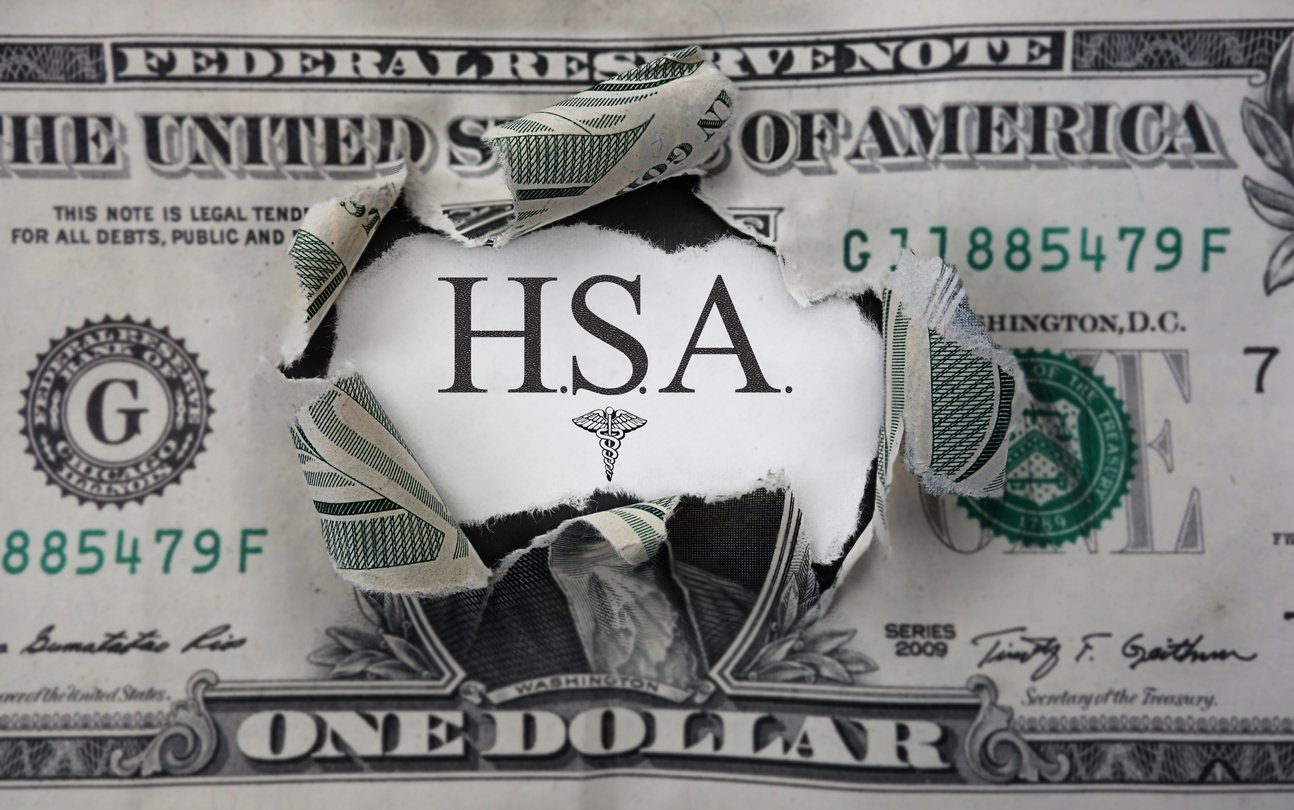Employees have high expectations, especially when it comes to healthcare. Having a competitive health care package helps you attract top talent and reduce turnover.
Combining a high deductible health plan (HDHP) with a health savings account (HSA) provides your employees comprehensive and affordable benefits. You can keep premiums down while protecting your employees from unexpected costs.
What is an HSA?
A health savings account is a special savings account restricted for use on medical expenses. Employees put pre-tax money into their HSA (lowering their tax bill). You can also make tax-deductible contributions, though accounts have maximum contributions for each year. If you don't offer an HSA and have a qualifying HDHP, employees can open their own. However, this is a hassle and lacks the advantage of matching contributions.
The funds are under the employee's control but can only be used for qualifying expenses, though it has a broad definition. If the IRS finds out someone used funds for anything else, the withdrawn money becomes taxable. HSAs can be used to pay for dental expenses, prescription medication, and things that are generally not included in most insurance plans, like acupuncture, pregnancy tests, and even food for a service dog. You can’t use it to pay for things like supplements or over-the-counter painkillers.
The HSA is used to cover expenses up to the health plan’s deductible and expenses not covered by insurance. Its primary benefit is from lowering your taxes.
How Does an HSA Benefit Employers?
Payroll Tax Deductions
Because the contributions made to the account are pre-tax, neither you nor the employee are required to pay payroll taxes. You’ll make significant tax savings because you get a deduction for their contribution and any you make for them. Make sure to claim all the payroll tax deductions you can.
Lower Health Insurance Costs
Premiums for HDHP plans are generally lower, and HSA’s allow you to fill in any gaps with their coverage. You can get by with better, cheaper health plans without forcing employees to pay for their routine care. The plans still cover preventive care without a deductible and won’t discourage employees from getting regular checkups.
Employee Retention
Unused money in an HSA rolls over to the next year. If your employees are lucky and avoid major medical expenses, the account grows year to year. While HSAs are portable, rolling them over to a new employer can be complicated and incur a tax penalty. HSAs incentivize employees to stay with you long term, especially since not all employers provide them. Offering investment options with your HSA, which is relatively uncommon, also entices employees to stay with your company longer. High retention saves you a lot of money.
Benefits to Employees
While not all employees prefer an HSA, many do because of the greater control it gives them. HSAs allow for a broader range of medical expenses by paying for things insurance doesn’t cover. It also gives employees a sense of agency over their medical expenses. There are other, more tangible benefits.
Income Tax Deductions
Since contributions are pre-tax, money in an HSA is tax-free (unless they make an emergency withdrawal for non-medical reasons). That effectively reduces their taxable income. Each dollar they contribute is available to them without any reduction. This can be particularly valuable for employees with ongoing medical expenses not covered by insurance. Tax benefits don't require your employees to itemize deductions. Your employees can make additional contributions then deduct them even if they don't itemize, allowing other household members to contribute to a family or spousal HSA.
Long-Term Savings
If you choose the right HSA provider, then funds in an HSA are allowed to be invested. Earnings on those investments are also tax-free. As employees can use HSA expenses for long-term care or disability equipment, this makes them a valuable part of retirement planning. Having a substantial amount of money in an HSA on retirement can help with some inevitable aging expenses. Even though you pay tax on money used for other purposes, financial planners often recommend HSAs as part of your retirement. Educate your employees that the more they spend using the HSA, the less they will have in retirement. The best way to reduce those expenses is to use preventive care paid for by insurance.
The HSA option is excellent for companies who are trying to provide competitive benefits with affordable premiums. It can make life easier for your employees while saving both of you money.



